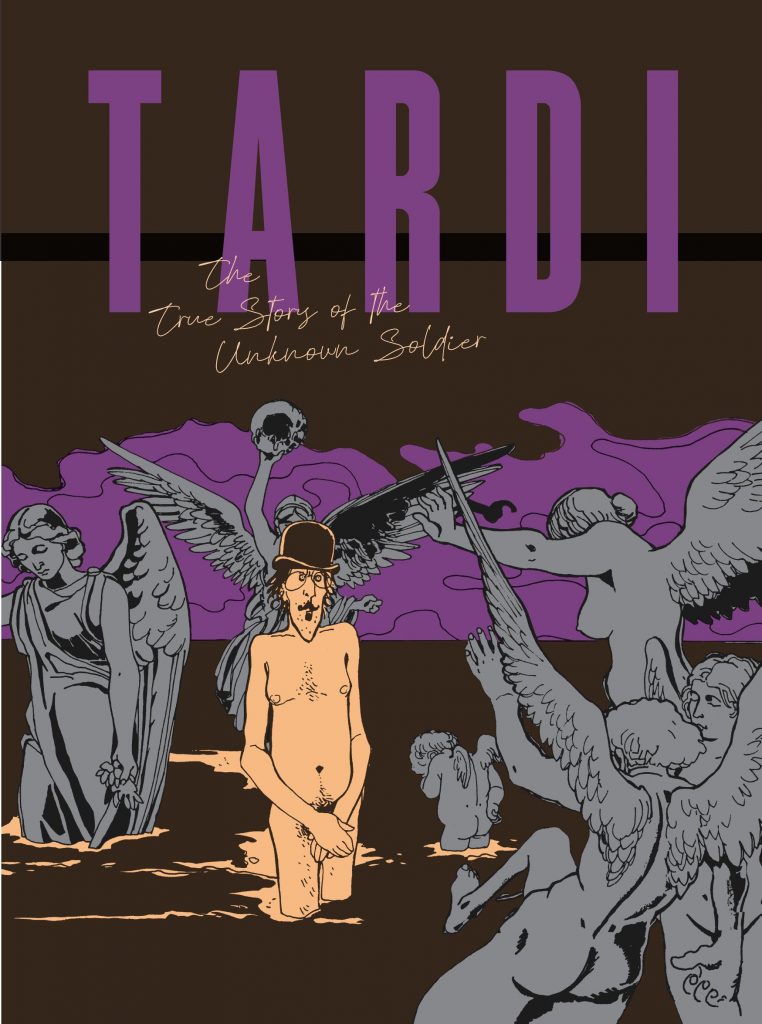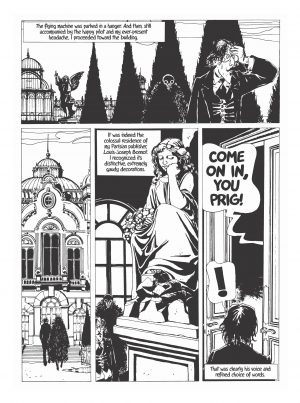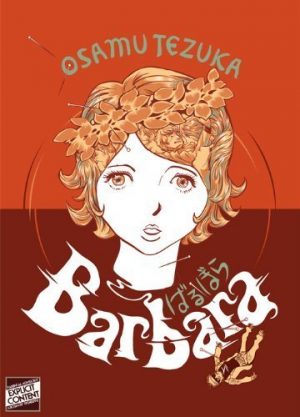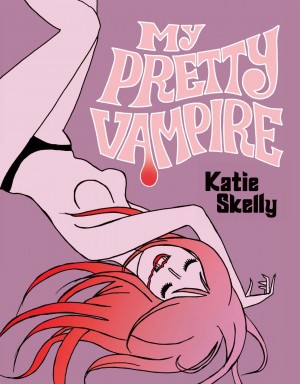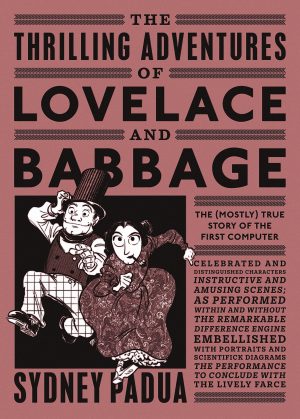Review by Frank Plowright
In addition to publishing newer works by French great Jacques Tardi, Fantagraphics are also gradually issuing his earliest material from the 1970s, most never before translated into English. As with Farewell Brindavoine, The True Story of the Unknown Soldier shows a far more whimsical and surreal side to Tardi, who in his introduction refers to it as “juvenilia”, and full of artistic gaffes. However, as he’s further aware, it also incorporates many topics he’ll revisit later in other forms.
During the title story they’re weaved into a nutty fever dream in which a disenchanted novelist visits one architectural wonder after another, the buildings populated by the mad and people in search of sexual gratification. As the meetings become more aggressive the novelist realises he’s being confronted by characters from his third rate stories, most displeased at their treatment or demise.
‘The National Razor’ shares a similar foreboding first person narration, perhaps a mimicking of Edgar Allen Poe, as the inexplicable occurs in a gruesome fashion as the protagonist is led from one disturbing scene to the next. It’s a Kafkaesque nightmare, always just beyond comprehension, yet with a sense of inevitability hanging over events.
While Tardi’s reputation is justifiably immense, he’s a shrewd judge of his own early work, which is indeed juvenilia, using sexual fantasy as provocation and whimsy for artistic validation. However, what he’s perhaps too modest to acknowledge is how phenomenal his art was even then. The eccentric, haunted people, gorgeously drawn buildings, both inside and out, and sense of place are already fully formed, and the composition is exquisite. He’d later funnel an admirable sense of the absurd into more cohesive narratives, but these early steps into his artistic career are of more than just academic interest.
